Why Now Is Not The Time To Drop Your Guard On Presenteeism And Employee Malingering

Health concerns have been a dominant issue for businesses around the globe of late. Whether employees have been testing positive for Covid-19 and having to self-isolate, or hitting the wall through burnout due to universal stressors, the impact on staffing has been pervasive—and many employees have found themselves scrambling to know what to do, leading […]
The Bottom Line On Launching An Ironclad Workplace Discrimination Investigation
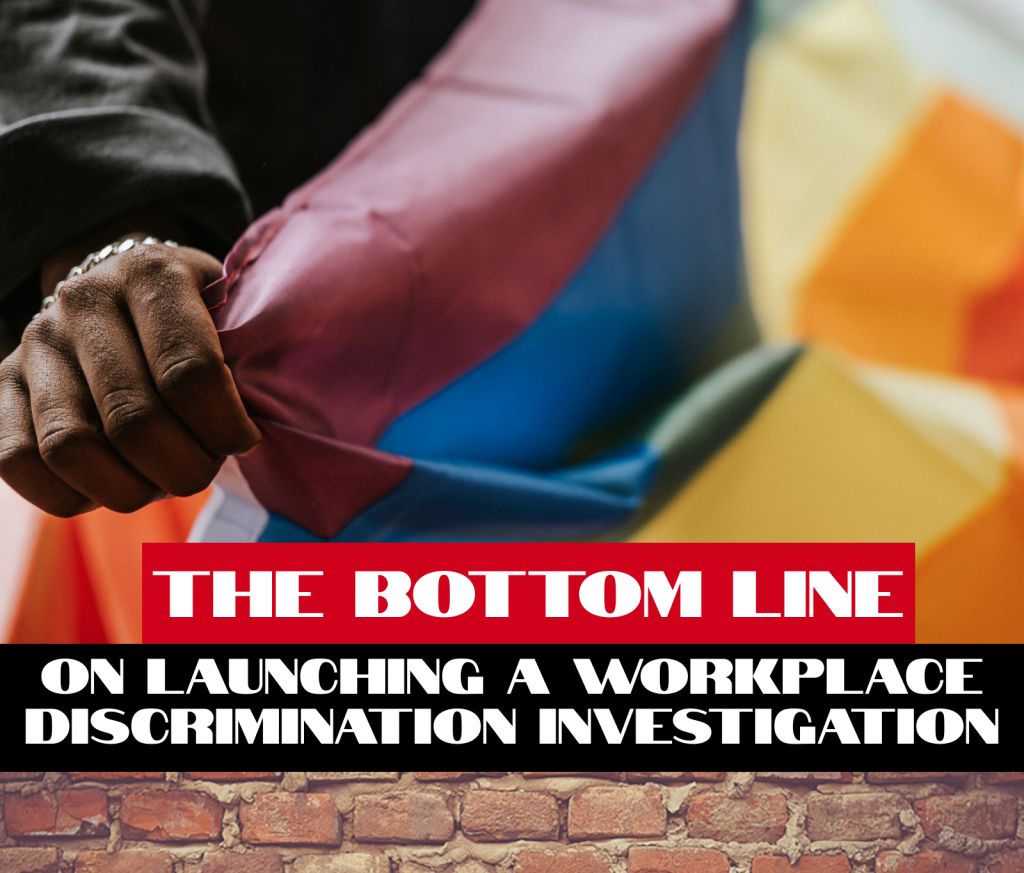
Imagine the scenario: an employee comes to you and alleges that a pillar member of your leadership team has repeatedly addressed them using racial slurs. Or perhaps, a low level manager expresses concern that they have been repeatedly overlooked for promotion because of their sexual orientation or identity. What do you do? You launch a […]
7 Urgent Signs That Your Business Needs A Corporate Culture Audit
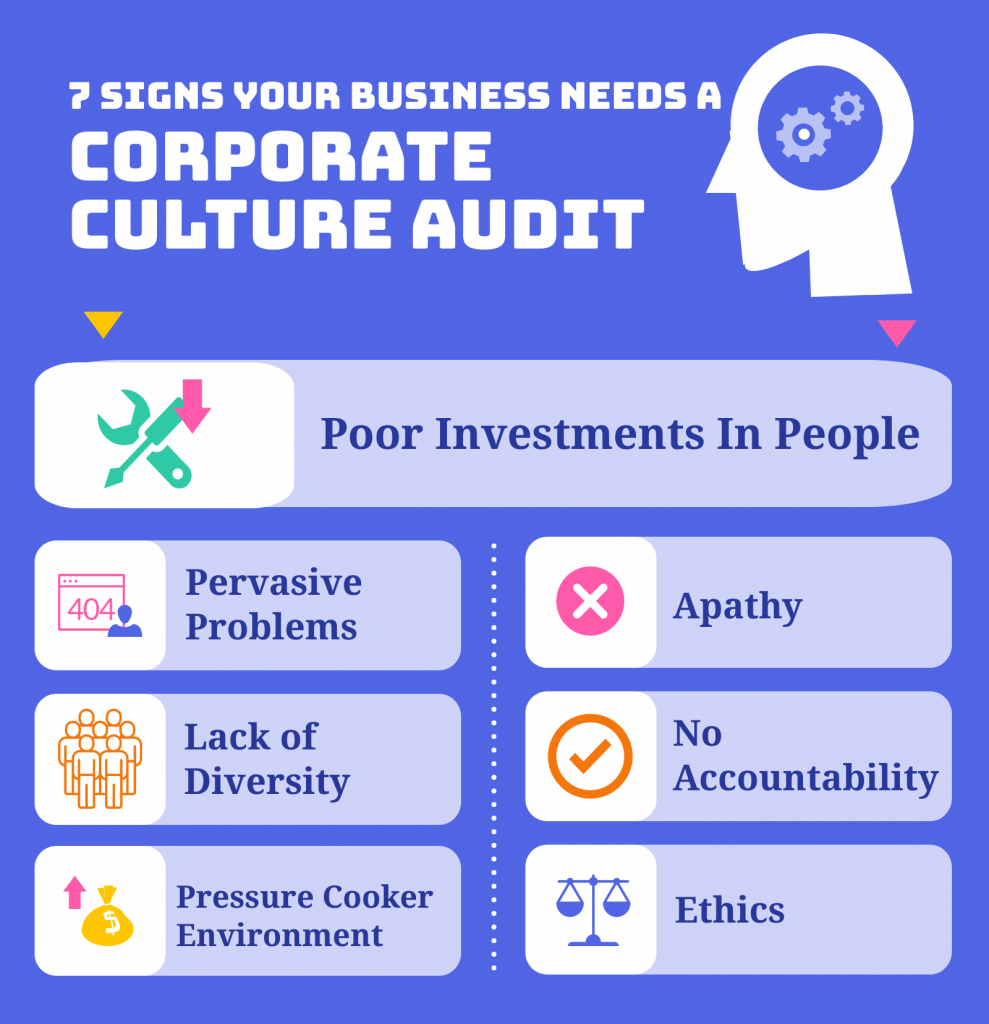
If your enterprise or organization is riddled with issues like employee theft, sexual harassment, hostility, or fraud—and internal corporate investigations aren’t throwing up a bean—then it’s pretty clear that you’re going to have to call in the corporate private investigations cavalry. But, what if if you haven’t spotted any obvious warning signs but nothing is […]
The Corporate Culture Audit: A Colossal Boost For Businesses
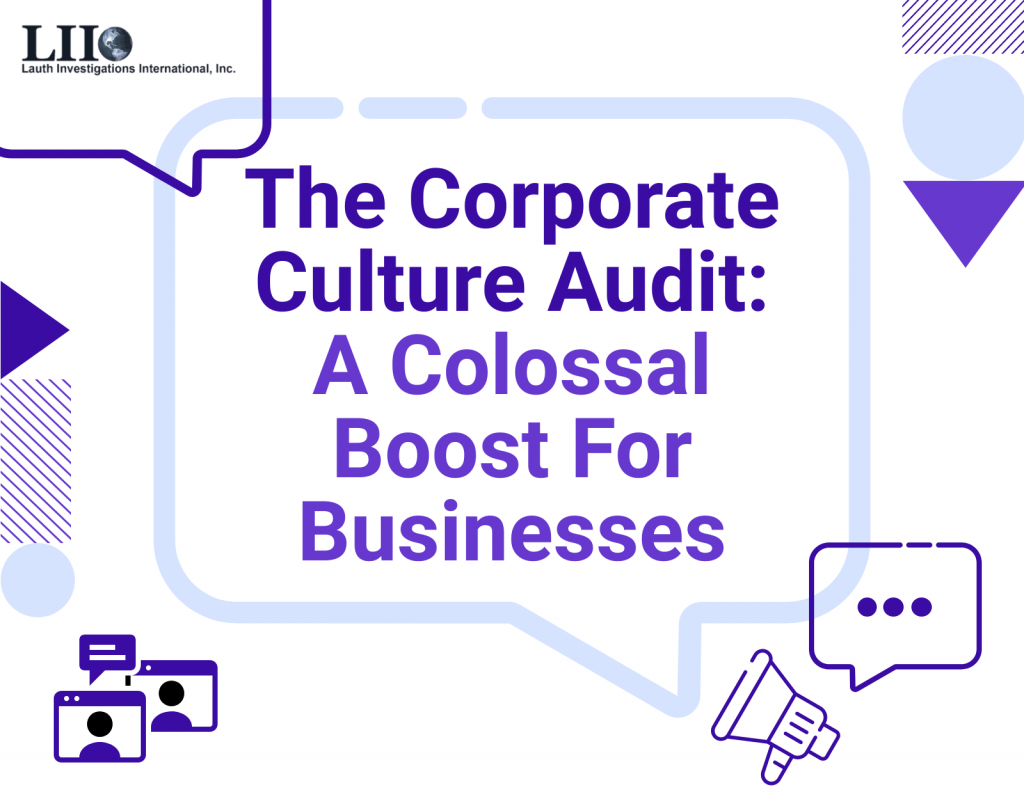
Nobody at the helm of any kind of organization wants to see it driven into the ground, and yet across America, corporations and businesses fall into crisis every day. The reality is that even for the most astute and visionary leaders, seeing the signs of danger with unwavering clarity isn’t always an easy thing to […]
The Key To Rooting Out Toxic Employees In The Workplace
We’ve all worked with one at some point or another: the person who derails productivity, trashes team morale, and knocks out the self-esteem of their co-workers. There’s no question that toxic employees can leave a minefield in their wake. But, this doesn’t always leave the leader positioned above them truly empowered to set things right. […]
See How Your Employees Are Behaving With Undercover Investigators

Any entrepreneur or high-level executive knows that there’s a lot at stake when running a business. You might well wish you had an all-seeing eye, but the reality is that it’s impossible to steer the ship while keeping tabs on every last detail of operations. Every leader hopes that their employees are team players, but […]
Essential Strategies for Improving Corporate Culture in 2021

As someone at the helm of a corporation or organization, you likely have a clear vision of what a smooth team work-flow looks like. You know that when executives and employees fall into a synergistic rhythm of getting things done, mountains can be moved. However, when that cohesive energy becomes elusive, it can be difficult […]
How to Identify Toxic Employee Cliques in Your Business
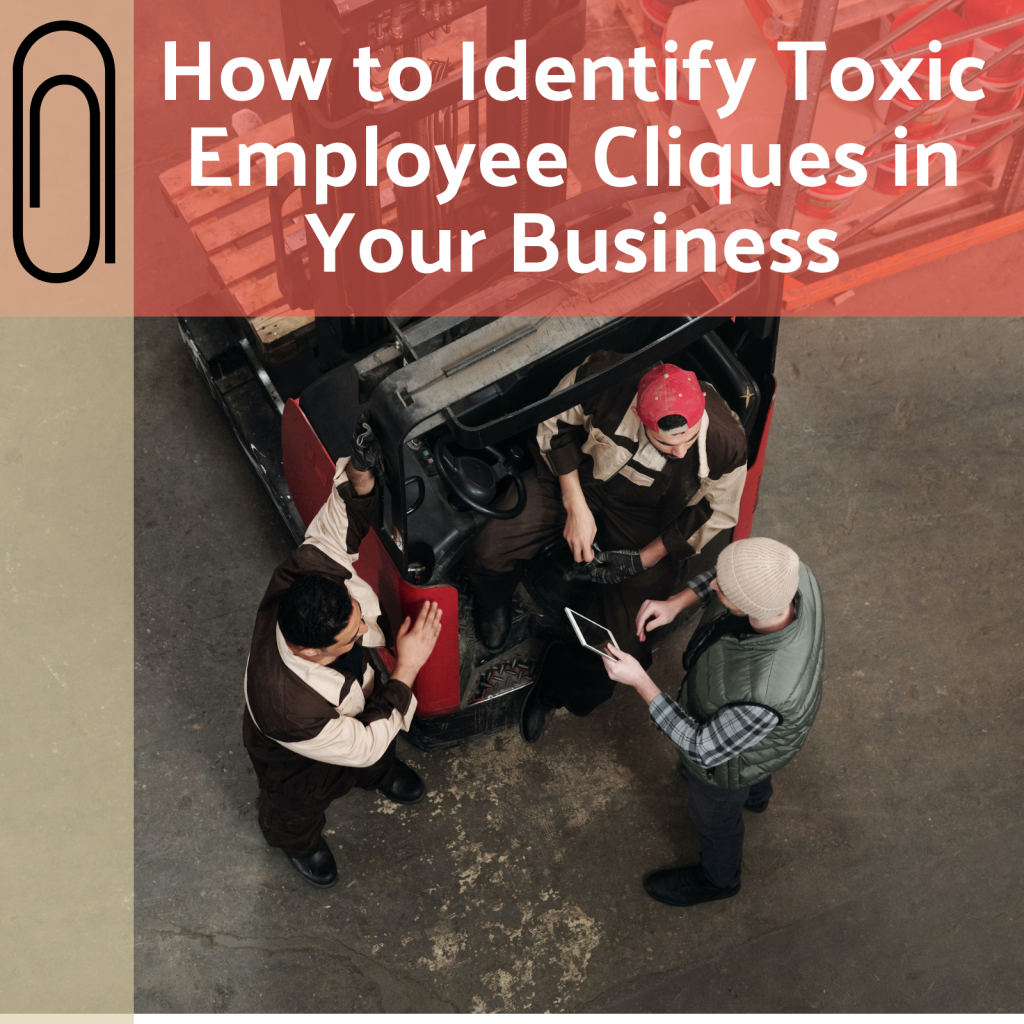
Is it possible that the productivity and morale of your team suffering at the hands of toxic employee cliques? An uncomfortable workplace atmosphere or a downturn in performance might not lead you to think first of toxic employees. You might question the competency of your leadership or your own business strategy first, but a negative […]
There is a Cancer in Your Business—Hire a Private Investigator to Find It
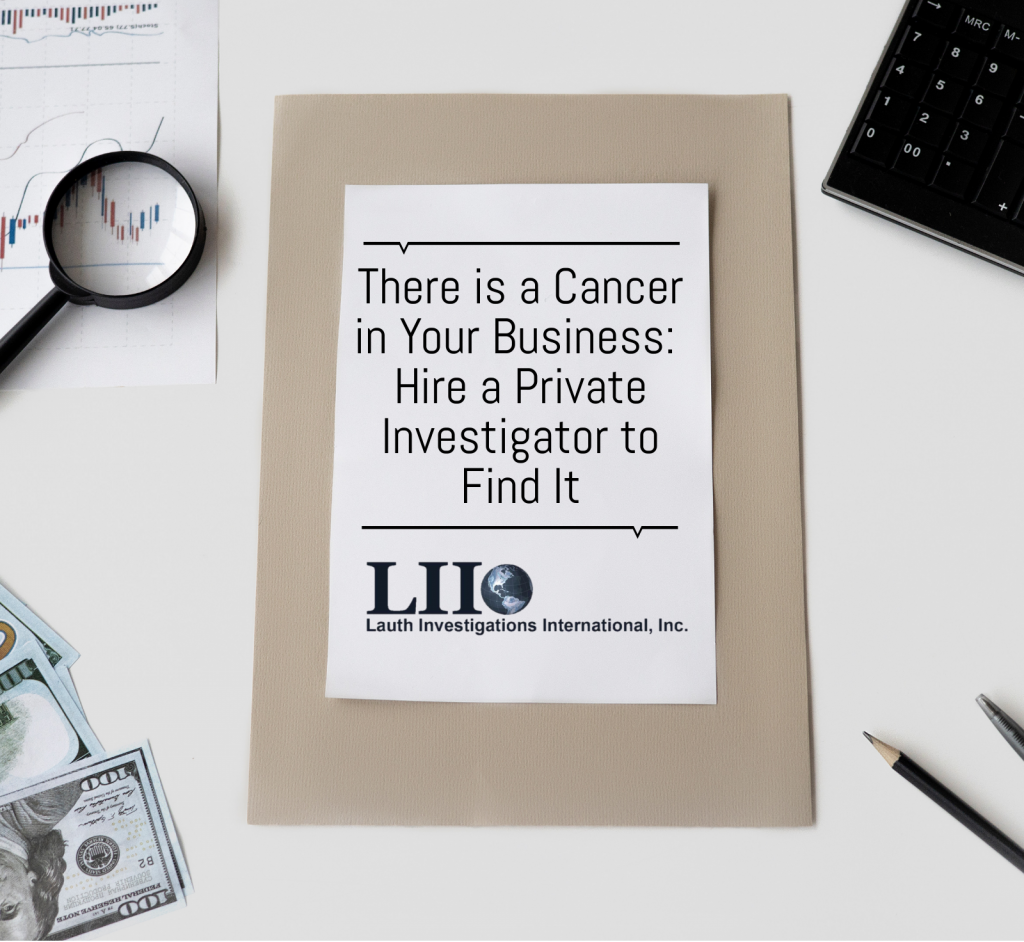
As never before, today’s consumers expect the brands they buy into to lead by example when it comes to equality and social justice. Any organization that allows workplace discrimination to run rampant is not only going to face the potential of legal repercussions, but also substantial reputational damage that is hard to bounce back from. […]
Fox News Ordered to Pay $1 Million in Penalties Following Workplace Culture Investigation

The media and financial worlds saw the grueling impact of poor workplace culture this week as media giant Fox News has finally agreed to pay $1 million in penalties after a workplace culture investigation concluded following allegations of sexual misconduct within the network. The allegations ended in the departure of Fox’s co-founded Roger Ailes, and […]